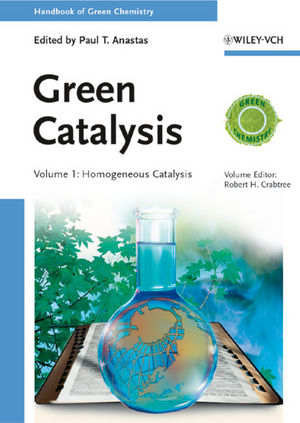Catalysis using water, in an aqueous environment, is an efficient and clean process that occurs in nature without receiving any chemical waste. Researchers from the Netherlands have now succeeded in mimicking this wonderful trick of nature

Catalysis using water, in an aqueous environment, is an efficient and clean process that occurs in nature without receiving any chemical waste. Researchers have now succeeded in mimicking this miraculous trick of nature. Researchers from the Scientific Research Organization in the Netherlands (NOW) prepared a hybrid catalyst of metal and DNA conjugates. This catalyst enables the selective preparation of a single-configuration prod by a chemical reaction with water, in water. The findings of this study were published in the scientific journal Nature Chemistry.
The researchers prepared a catalyst inspired by biology. It consists partly of metal couplings, similar to many other common catalysts, and partly of DNA. A research student in the laboratory accidentally discovered the reaction with water that results in the selective preparation of a single-configuration prod. Although it is not yet fully clear how exactly this reaction occurs, it is obvious that DNA plays a crucial role. The reaction itself takes place near the DNA structure since the metal coupling, which is responsible for the catalysis itself, is attached to the DNA. It seems that the fragments obtained in this reaction "feel" the presence of the DNA. Catalysts themselves are very important in chemistry: they help convert one substance into another.
Some compounds exist as two mirror images of each other (enantiomers). However, usually only one of the forms is useful - for example, as building blocks for medicines. Scientists have been able, for some time, to selectively prepare each of these forms separately, but until now no one had thought to do so using water as the substrate driving the reaction, and as the solvent for the reaction. The great advantage of water, in certain reactions, is that it does not produce any chemical waste, unlike other materials used today in this type of reaction.
Although water appears to be a relatively simple substance, it has complex properties that make it difficult to use in chiral catalysis. Nevertheless, they form the basis of one of the cleanest forms of catalysis. The use of water for selective preparation of farods is very tempting since it is not necessary to add or convert any other substance. In this reaction, fewer by-products are formed. The DNA-based catalyst enables the occurrence of selective reactions using water as solvent and reagent. On top of that, the new hybrid catalyst is simple to recycle.
More of the topic in Hayadan:

3 תגובות
Thanks for the comments.
Indeed, the terms in chemistry can be very technical and the average reader will find it difficult to fully understand them. At the same time, those who are really interested in the field will be able to read the news as it is, understand the general content, and delve deeper, if they wish, even in the more precise terms.
I accept the criticism with understanding, and will try to use simpler terms in the future.
beginning,
Thanks for the news, it is indeed very interesting.
Second,
It should be taken into account that most readers do not have an up-to-date chemical education.
Therefore, a good example to clarify while writing is the sentence "Certain compounds exist as two mirror images of each other (enantiomers)", while the sentence "Although water appears to be a relatively simple compound, it has complex properties that make it difficult to use it in chiral catalysis" is a lesser example favor.
Hebrew concepts are also problematic because of their rarity and their linguistic proximity to completely different concepts from other fields. For example, the term "coupling" is not really clear to those who have not graduated from an introduction to chemistry or even an introduction to organic chemistry.
Maybe a solution is to build a lexicon of concepts that will run concurrently with the news?
Really unclear!